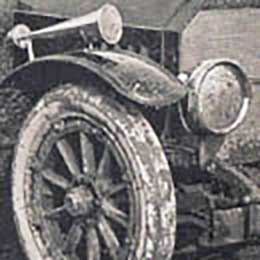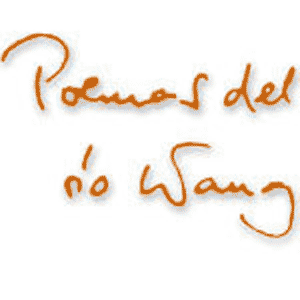

A few weeks ago was the seventieth anniversary of the German invasion. For this occasion, as we hoped and also wrote about, lots of new documents were published on the Russian web. Among other things, a seemingly insignificant German article from the 21 November 1941 issue of Ostfront, posted by one of the participants of a Russian historical forum.
The article reinforces the existence of the phrasebook, and that it was already in the hand of the Red soldiers at the beginning of the German attack. Thus it refutes the often cited, but far-fetched objection that “yes, a dictionary like this was printed already in 1941, but they wanted to distribute it only in 1942, by the time Stalin would have felt the country quite prepared to attack Germany”.

Originally everything was different…
Already in May 1941 a colloquial dictionary was made for the Soviet army
Berlin, 21 November [1941]
Among the few belongings of the Soviet prisoners of war the German soldiers find again and again a pocket book, the wording of which leads to interesting conclusions. It is a colloquial dictionary which, as you can read on the front page, was published already in May 1941 for the Soviet army, and which was compiled “for the military purposes of an offensive against Germany”. The instructions of the book make it clear how the Bolshevik leadership imagined this offensive. For example, in one place it says that the Bolshevik paratroopers reach the ground in front of Berlin, and they attack on Germans. “Stop!” they command first, and then “Throw away your weapons, or else we shoot you!” Another chapter deals with the organization of transportation. The Bolshevik soldiers request information from the local German population on streets, bridges and other routes. Further guidance can be found also on the interrogation of prisoners.
Perhaps the millions of captive Bolsheviks can take use now in the German captivity of this colloquial dictionary, whose purpose was obviously imagined in a different way by Stalin.


























































































































































Add comment